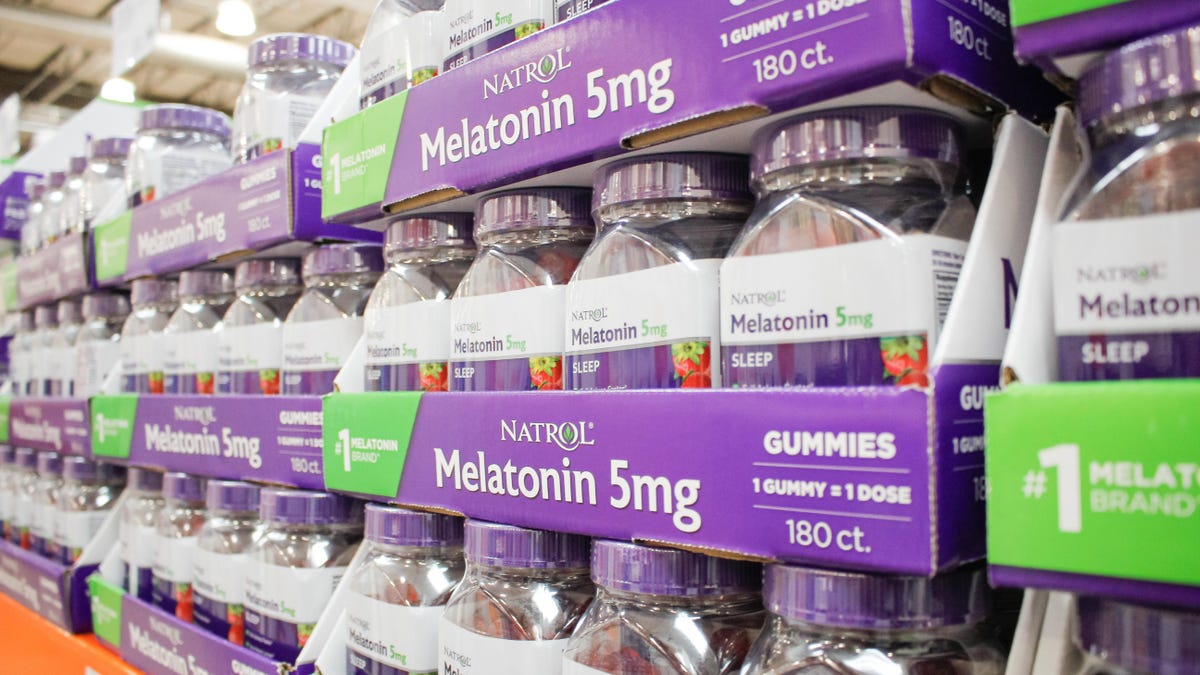Some Melatonin Gummies Are Much Stronger Than Advertised

If you’ve ever felt like your melatonin gummies were working harder than you expected, you may not have actually taken the dose you thought you were taking. In a recent study , melatonin gummies labeled as containing 3 milligrams actually contained between 3.6 milligrams and a whopping 10.4 milligrams, depending on the brand.
The researchers measured the melatonin content at various doses and brands. They also looked at the concentration of CBD in chewing gums that were labeled as containing both melatonin and CBD.
Only three of the 25 samples contained less melatonin than labeled. Many had more, and the researchers report that only three products had dosages within 10% of what was listed on the label. (For example, a 5 milligram chewing gum would meet this criterion if it had 4.5 to 5.5 milligrams.)
This study does not provide advice on which melatonin supplements to buy. The researchers didn’t name the brands they tested, and since they only analyzed chewing gums, we don’t know if other products, such as chewable tablets, could be dosed more accurately. An earlier study showed similar results for other types of products, however, only 29% actually provided a dose within 10% of what was stated on the label.
What happens if you take too much melatonin?
Melatonin can cause sleep-related effects at very low doses—1 milligram or less for many of us. The Sleep Foundation recommends 1 to 5 milligrams as a dose for adults and less for children.
Too much melatonin can make you sleepier than you intended, or it can make you feel overwhelmed the next day. If you take it regularly, you can also desensitize yourself so that it becomes less effective over time. University hospitals list worsening insomnia, headaches, and nausea as potential disadvantages of too high an adult dose of melatonin.
In children, too much melatonin can also lead to increased nightmares, bedwetting, and dizziness, according to the Boston Children’s Hospital. They recommend that if a child has insomnia or sleep disturbances, melatonin should be used as part of a treatment plan that includes behavioral interventions. For kids who are healthy but just need better sleep, they don’t recommend it at all. Better, they say, is to use “a regular, age-appropriate and consistent bedtime and bedtime routine, no caffeine, no electronics or screens before bed.”